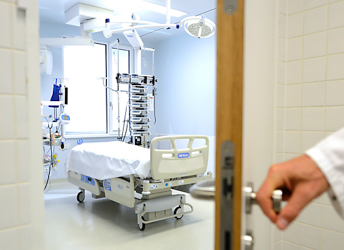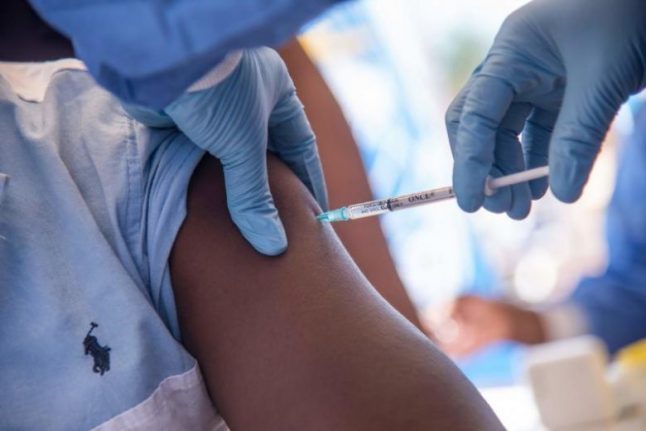Late in the afternoon on Monday, the Salzburg Regional Hospital enabled the existing contingency plan for a suspected case of Ebola for the first time.
A young refugee from Liberia had been housed in Flachgau, and since Liberia is a country affected by Ebola, he was admitted for evaluation in the provincial hospital, according to regional health officer Christian Stöckl (ÖVP).



 Please whitelist us to continue reading.
Please whitelist us to continue reading.
Member comments